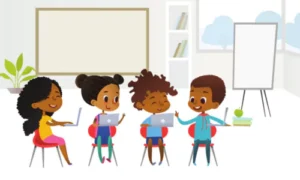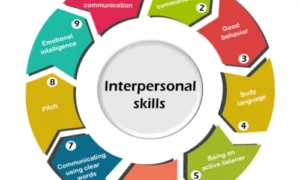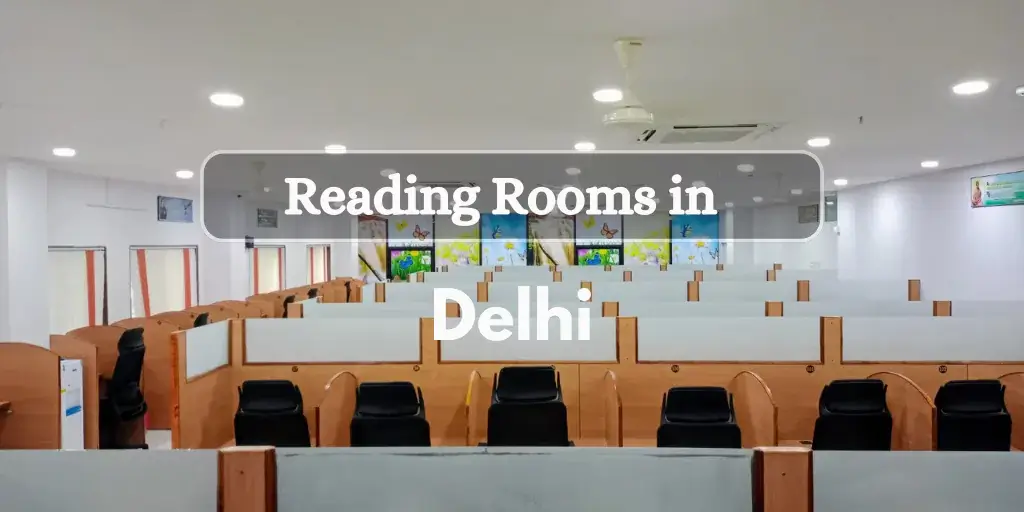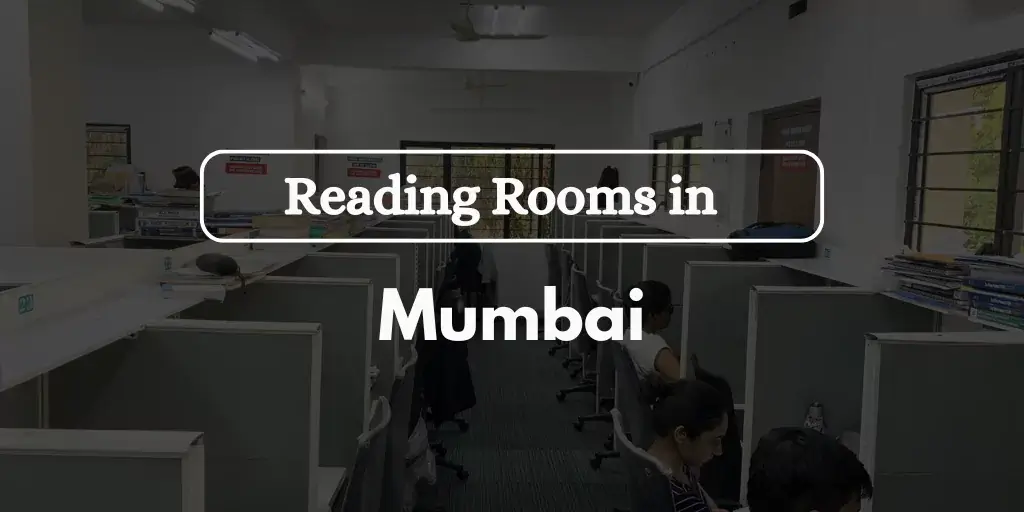Recently updated on January 15th, 2025 at 11:34 am
In the realm of education, the traditional model of a teacher imparting knowledge to students has evolved. Peer tutoring, a practice where students assist and guide their classmates, has gained immense popularity for its numerous benefits. Beyond conventional teaching methods, peer tutoring fosters collaboration and knowledge sharing among students, creating a dynamic and inclusive learning environment. In this article, we will explore the advantages of peer tutoring and how it encourages effective collaboration and knowledge exchange.
1. Enhanced Understanding through Explanation:

One of the key benefits of peer tutoring is that it requires students to explain concepts to their peers. When a student takes on the role of a tutor, they deepen their understanding of the subject matter by articulating it in their own words. This process, therefore, reinforces their knowledge and solidifies their understanding of the topic. Moreover, the tutee benefits from receiving explanations from someone who shares a similar perspective, which often leads to greater comprehension and retention of information.
2. Increased Confidence and Empowerment:

Peer tutoring, therefore, empowers students to take control of their learning and build confidence in their abilities. When students tutor their peers, not only do they develop a sense of responsibility, but they also gain ownership over their education. By sharing their knowledge and helping others, students, in turn, gain a deeper appreciation for their skills and consequently become more confident in their academic abilities. This boost in self-confidence, as a result, can have a positive impact on their overall academic performance.
3. Strengthened Interpersonal Skills:

Furthermore, collaboration lies at the core of peer tutoring. Through this practice, students not only learn to communicate effectively but also develop patience and build empathy toward their peers. Additionally, by working together, students engage in meaningful discussions, exchange ideas, and solve problems collaboratively. Ultimately, these interpersonal skills are invaluable in real-life scenarios, as they prepare students for future teamwork and foster a supportive learning community.
4. Diverse Perspectives and Different Learning Styles:

Peer tutoring, therefore, facilitates the exchange of diverse perspectives and accommodates various learning styles within the classroom. Each student possesses unique strengths and approaches to learning. Consequently, by engaging in peer tutoring, students can benefit from different teaching methods and styles, making education more inclusive and accessible for all. Moreover, this approach helps cater to individual needs, thereby fostering a richer learning experience for both tutors and tutees.
Conclusion:
Peer tutoring is a powerful educational tool that encourages collaboration, knowledge sharing, and personal growth among students. Furthermore, by engaging in peer tutoring, students not only deepen their understanding of subjects but also develop essential interpersonal skills. In addition, through this collaborative approach, students embrace diversity and different learning styles, leading to a more inclusive and enriching educational experience. Therefore, if you’re looking to enhance your classroom dynamics and empower your students, consider incorporating peer tutoring as a valuable addition to your teaching toolkit.







bir binance hesabi olusturun
September 24, 2024Thank you for your sharing. I am worried that I lack creative ideas. It is your article that makes me full of hope. Thank you. But, I have a question, can you help me? https://www.binance.info/register?ref=IXBIAFVY
skapa ett binance-konto
September 24, 2024I don’t think the title of your article matches the content lol. Just kidding, mainly because I had some doubts after reading the article.
production company
September 24, 2024need a video? video equipment rental in italy offering full-cycle services: concept, scripting, filming, editing and post-production. Commercials, corporate videos, social media content and branded storytelling. Professional crew, modern equipment and a creative approach tailored to your goals.
faamru
September 24, 2024Продажа тяговых https://faamru.com аккумуляторных батарей для вилочных погрузчиков, ричтраков, электротележек и штабелеров. Решения для интенсивной складской работы: стабильная мощность, долгий ресурс, надёжная работа в сменном режиме, помощь с подбором АКБ по параметрам техники и оперативная поставка под задачу
ab-resurs
September 24, 2024Продажа тяговых https://ab-resurs.ru аккумуляторных батарей для вилочных погрузчиков и штабелеров. Надёжные решения для стабильной работы складской техники: большой выбор АКБ, профессиональный подбор по параметрам, консультации специалистов, гарантия и оперативная поставка для складов и производств по всей России
kraken
September 24, 2024Актуальные адреса маркета на ссылка kraken с круглосуточным доступом через все официальные зеркала площадки
RobertDow
September 24, 2024Продажа тяговых ab-resurs.ru аккумуляторных батарей для вилочных погрузчиков и штабелеров. Надёжные решения для стабильной работы складской техники: большой выбор АКБ, профессиональный подбор по параметрам, консультации специалистов, гарантия и оперативная поставка для складов и производств по всей России
Stanleywiz
September 24, 2024Продажа тяговых faamru.com аккумуляторных батарей для вилочных погрузчиков, ричтраков, электротележек и штабелеров. Решения для интенсивной складской работы: стабильная мощность, долгий ресурс, надёжная работа в сменном режиме, помощь с подбором АКБ по параметрам техники и оперативная поставка под задачу
Binance账户创建
September 24, 2024Can you be more specific about the content of your article? After reading it, I still have some doubts. Hope you can help me.